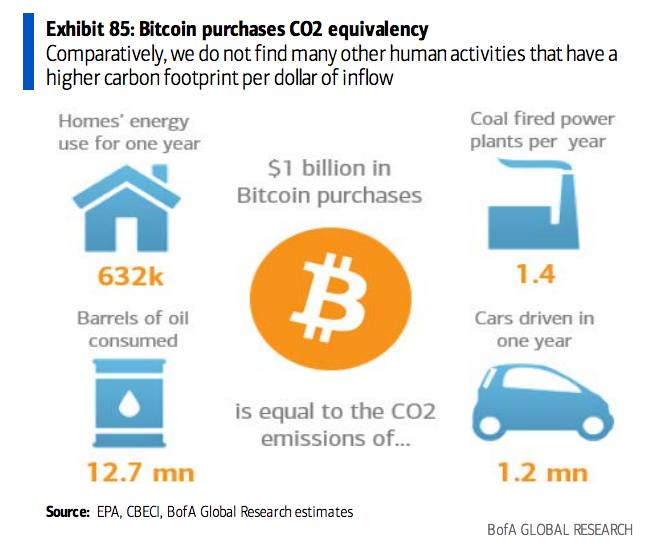This is Joseph
Statement from AstraZeneca was titled (emphasis mine):
AZD1222 US Phase III trial met primary efficacy endpoint in preventing COVID-19 at interim analysis
Gave results of:
79% vaccine efficacy at preventing symptomatic COVID-19
100% efficacy against severe or critical disease and hospitalisation
Comparable efficacy result across ethnicity and age, with 80% efficacy in participants aged 65 years and over
Statement from NIAID:
Late Monday, the Data and Safety Monitoring Board (DSMB) notified NIAID, BARDA, and AstraZeneca that it was concerned by information released by AstraZeneca on initial data from its COVID-19 vaccine clinical trial. The DSMB expressed concern that AstraZeneca may have included outdated information from that trial, which may have provided an incomplete view of the efficacy data. We urge the company to work with the DSMB to review the efficacy data and ensure the most accurate, up-to-date efficacy data be made public as quickly as possible.
Full results from AstraZeneca:
76% vaccine efficacy against symptomatic COVID-19
100% efficacy against severe or critical disease and hospitalisation
85% efficacy against symptomatic COVID-19 in participants aged 65 years and over
So a few points. One, the data was from the interim analysis, even though it was definitely out of date at the time of publication. Still, it was one of two reportable numbers. Noah Haber discusses this here, including noting that the protocol is publicly available.
Two, the media framing looks terrible. Unless the results are misreported, the interim analysis was 3% high in the overall and 5% low in the over 65 participants. These are small changes and kind of average out, given that efficacy in over 65 year old participants was a concern because of under-participation in the earlier AstraZeneca trials. But this framing seems excessive:
Federal officials were taken aback by the board’s allegations. One said the way that AstraZeneca handled the results was the equivalent of “telling your mother you got an A in a course, when you got an A in the first quiz but a C in the overall course.” Another said the disclosure by the board would inevitably hurt the company’s credibility with U.S. regulators.
I am not sure I would consider the two reports materially different. Certainly, I do not see them as being the difference between an A and C (probably I would call them both B's, compared to other trials and the degree of change between them). Since they were doing frequentist statistics, looking at numbers between the two prespecified analyses seems like a bad plan (p-hacking concerns arise). That said, why is the analysis plan not Bayesian?
That said, unless these numbers are false in some way, how is this a major change?
Finally, why doesn't the United States just give up on approving AstraZeneca and agree to allow it to be exported. It is pretty clear that US regulators have decided that they aren't interested in the product but the export restriction is blocking shipping it to other places that could actually use it. Why not be honest, say they won't need it (they don't) and allow it to be exported to other places across the globe who are desperate for vaccines. Isn't it in everybody's best interests to reduce variants by increasing resistance to covid-19 infections globally?
How is this the best plan?









